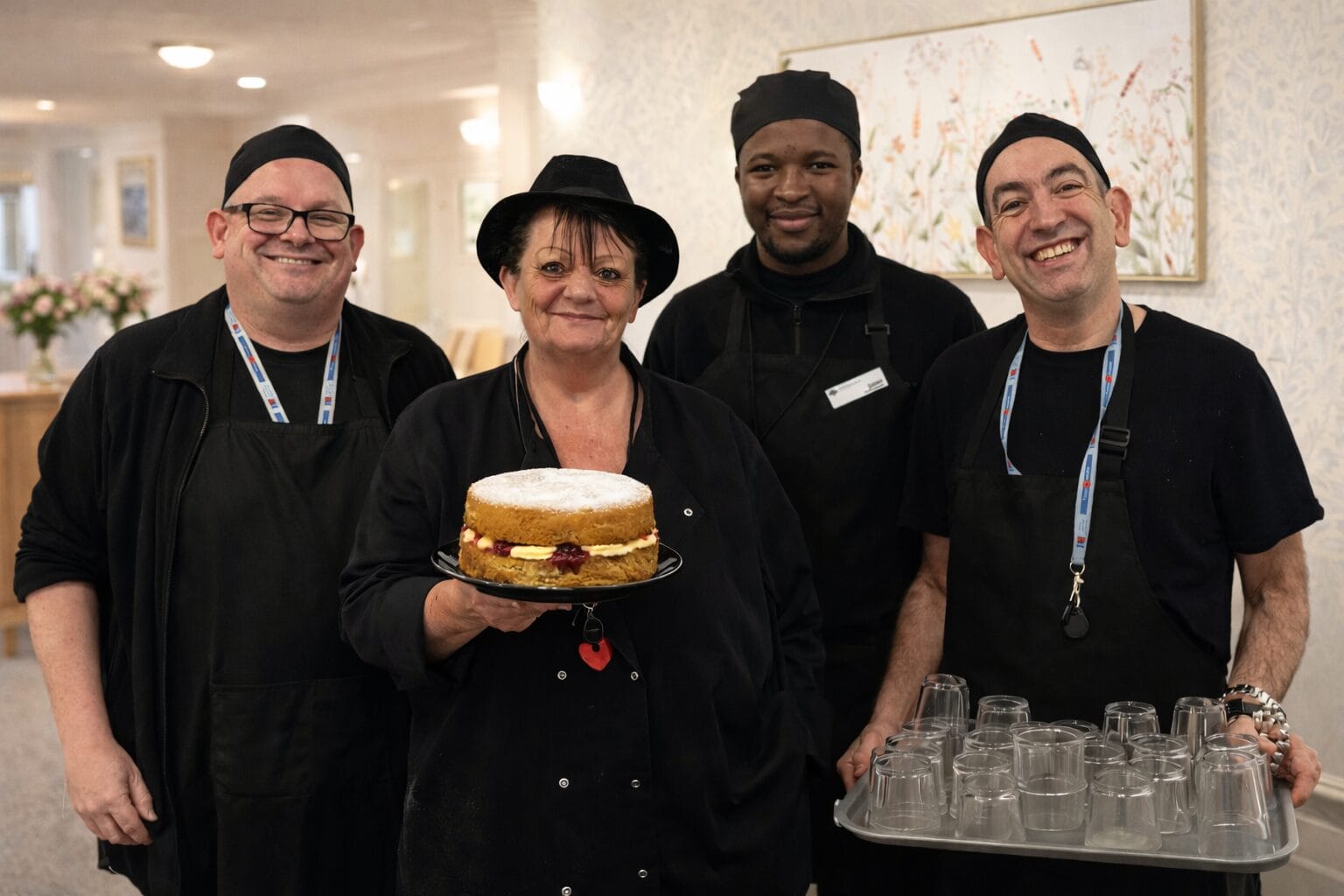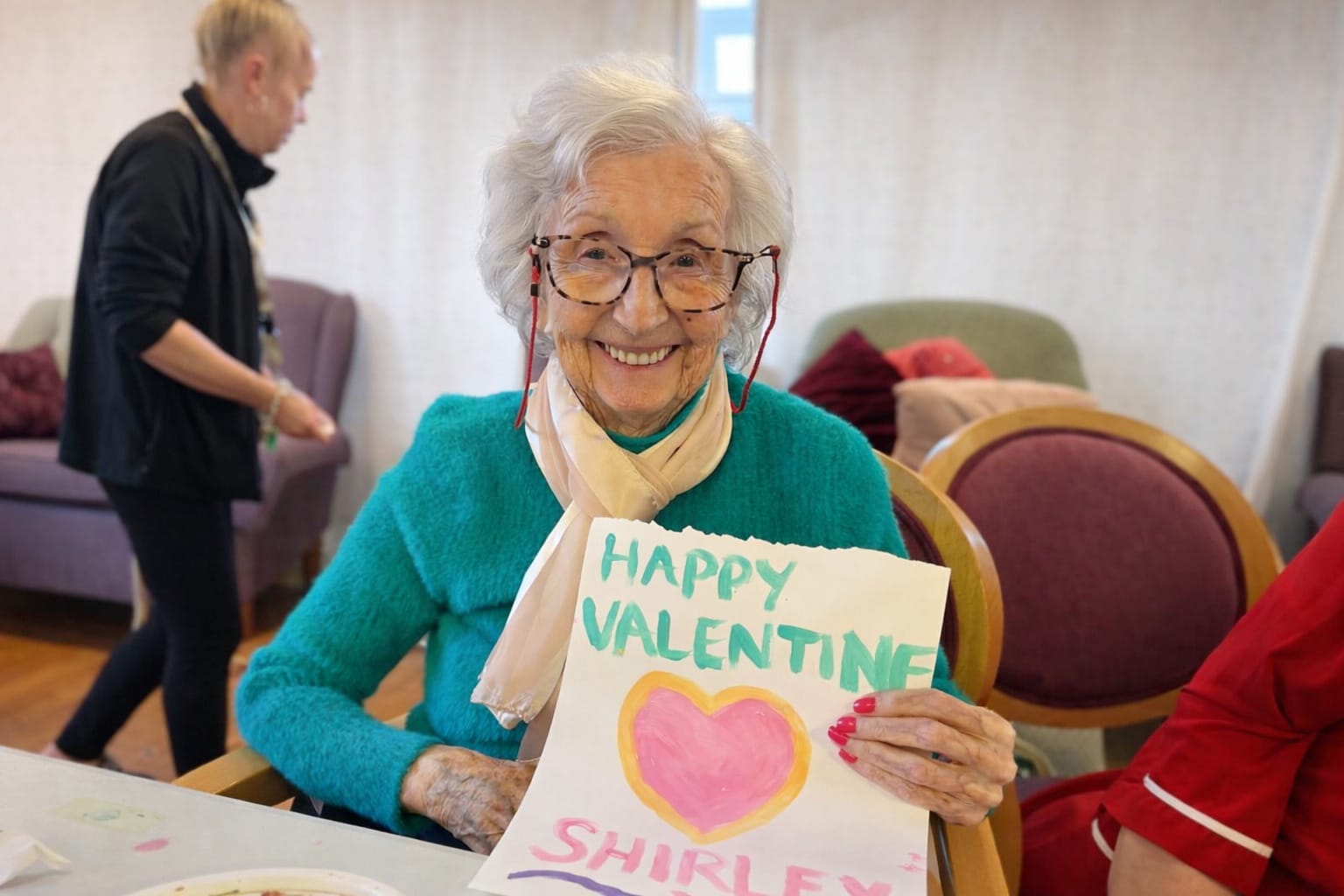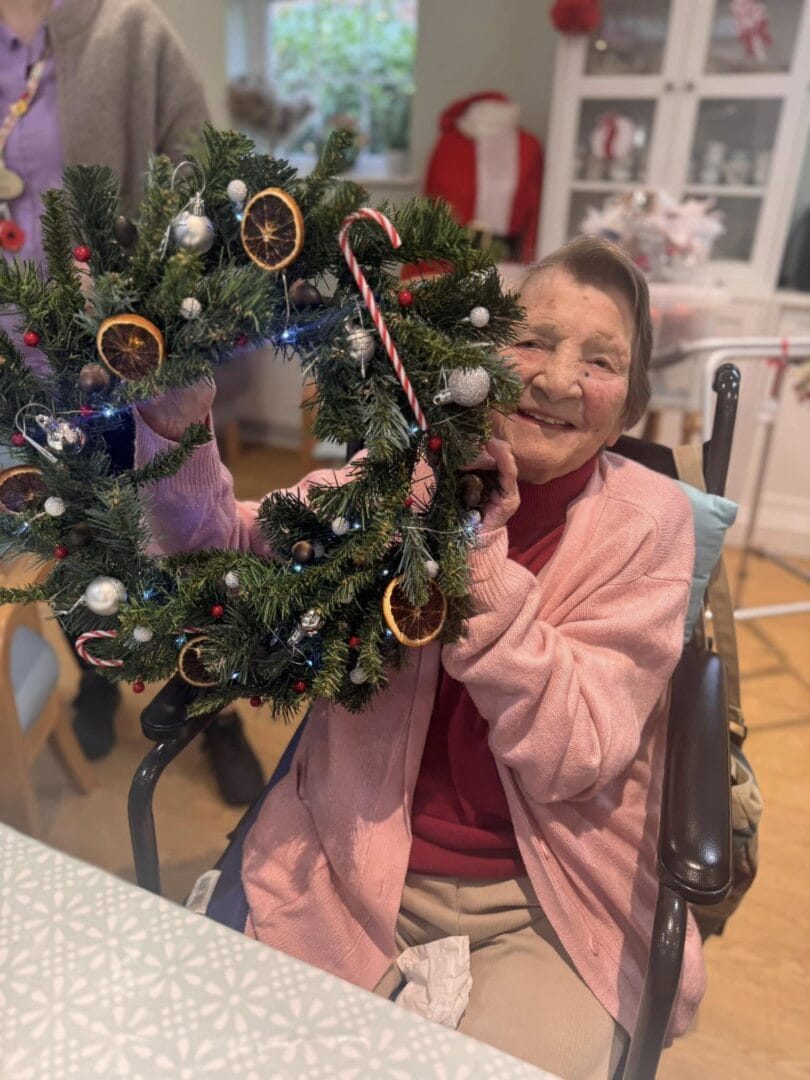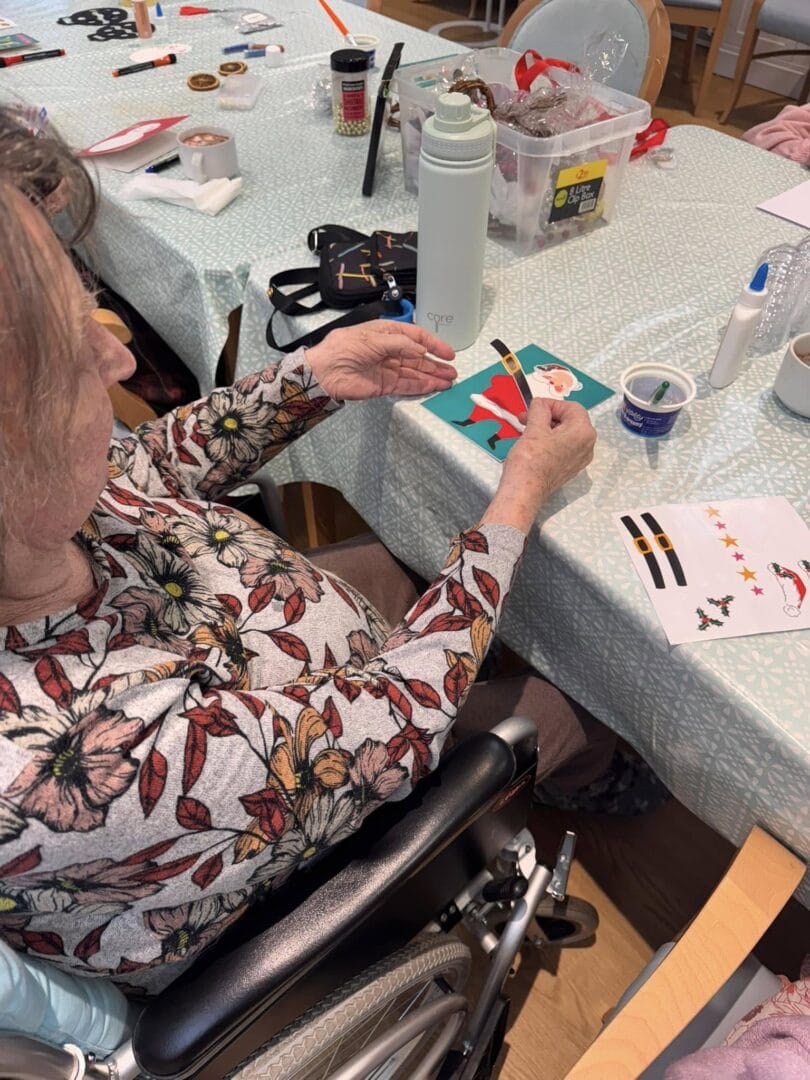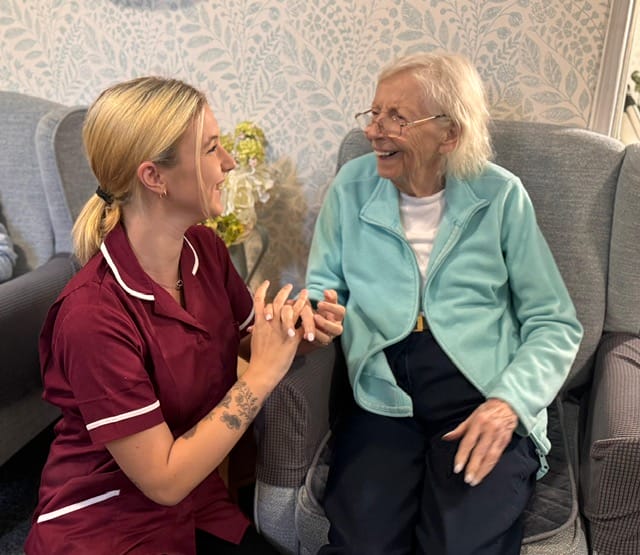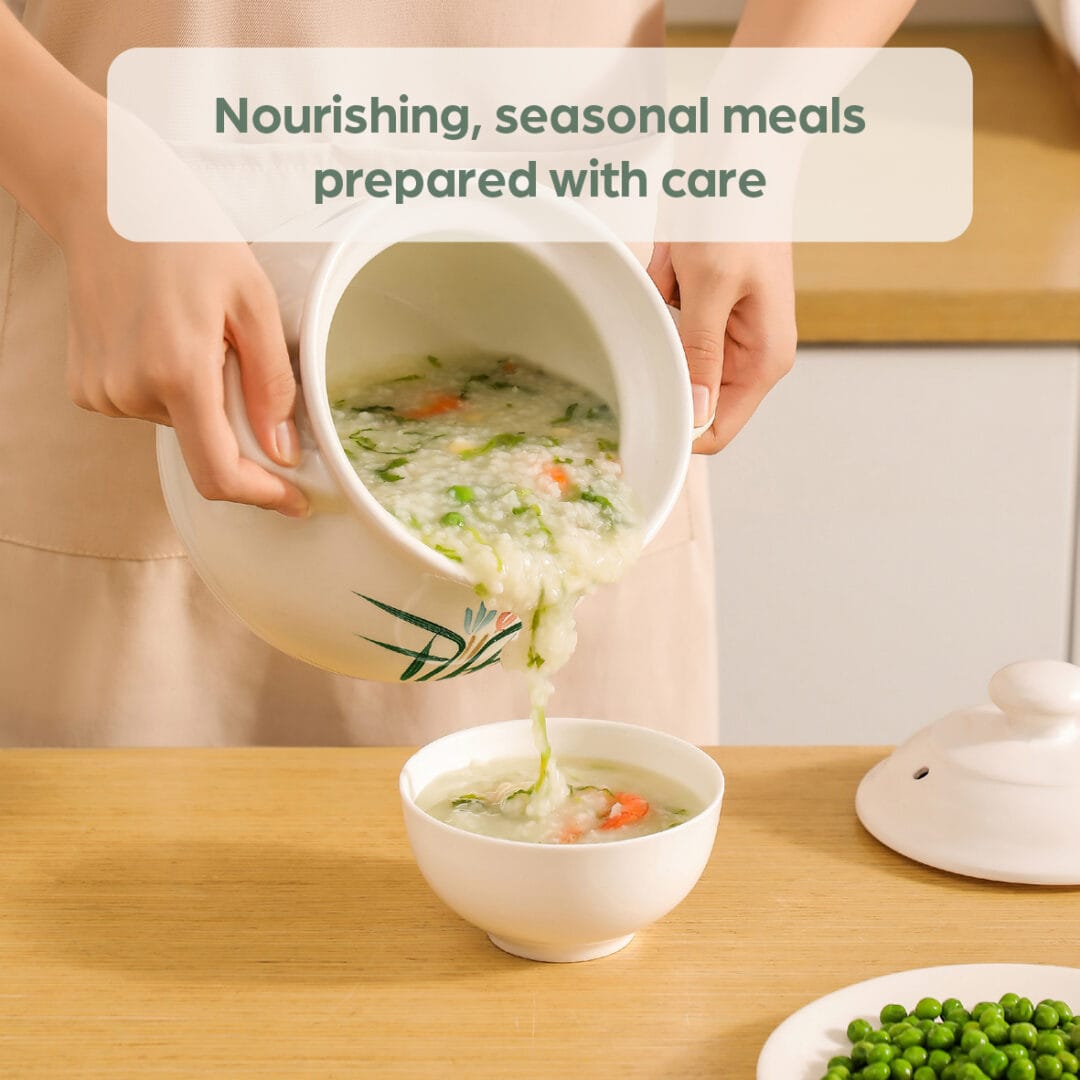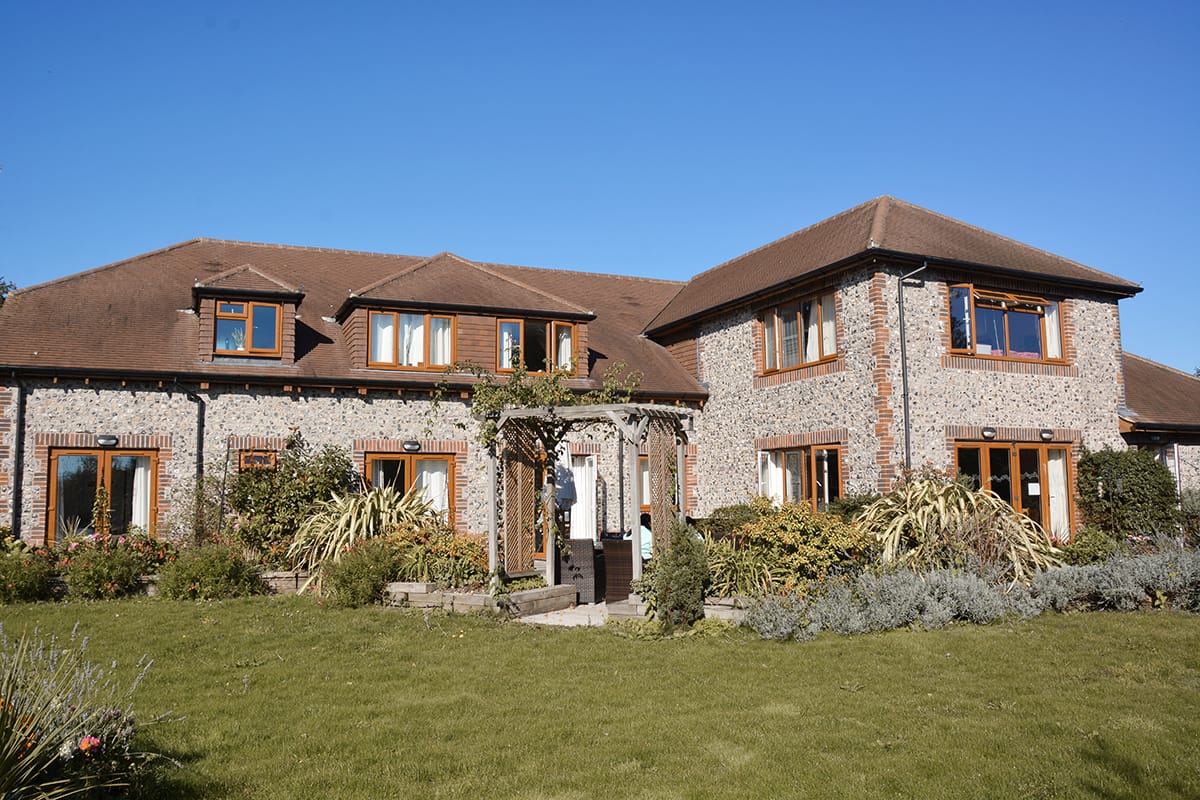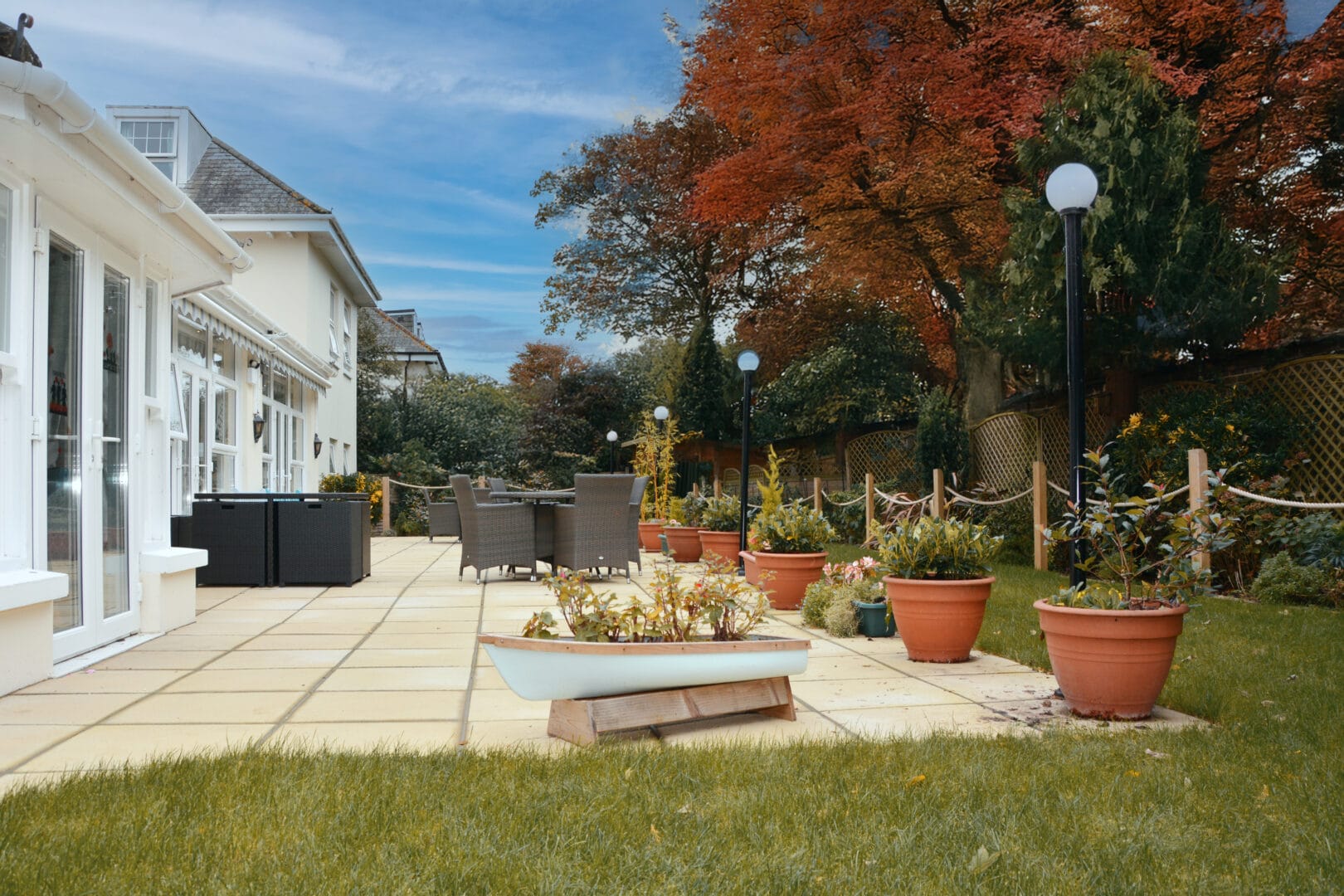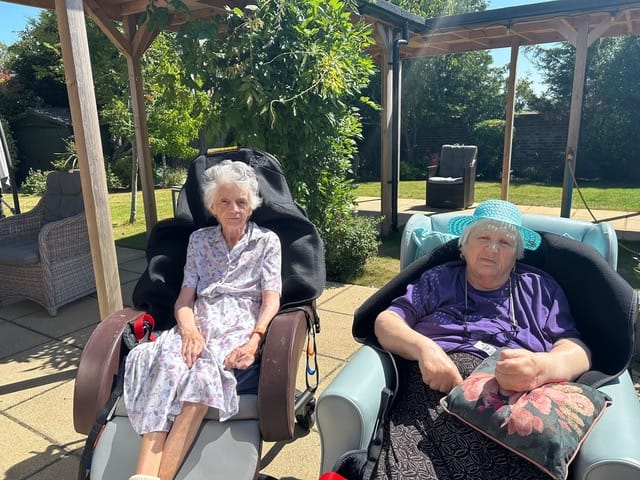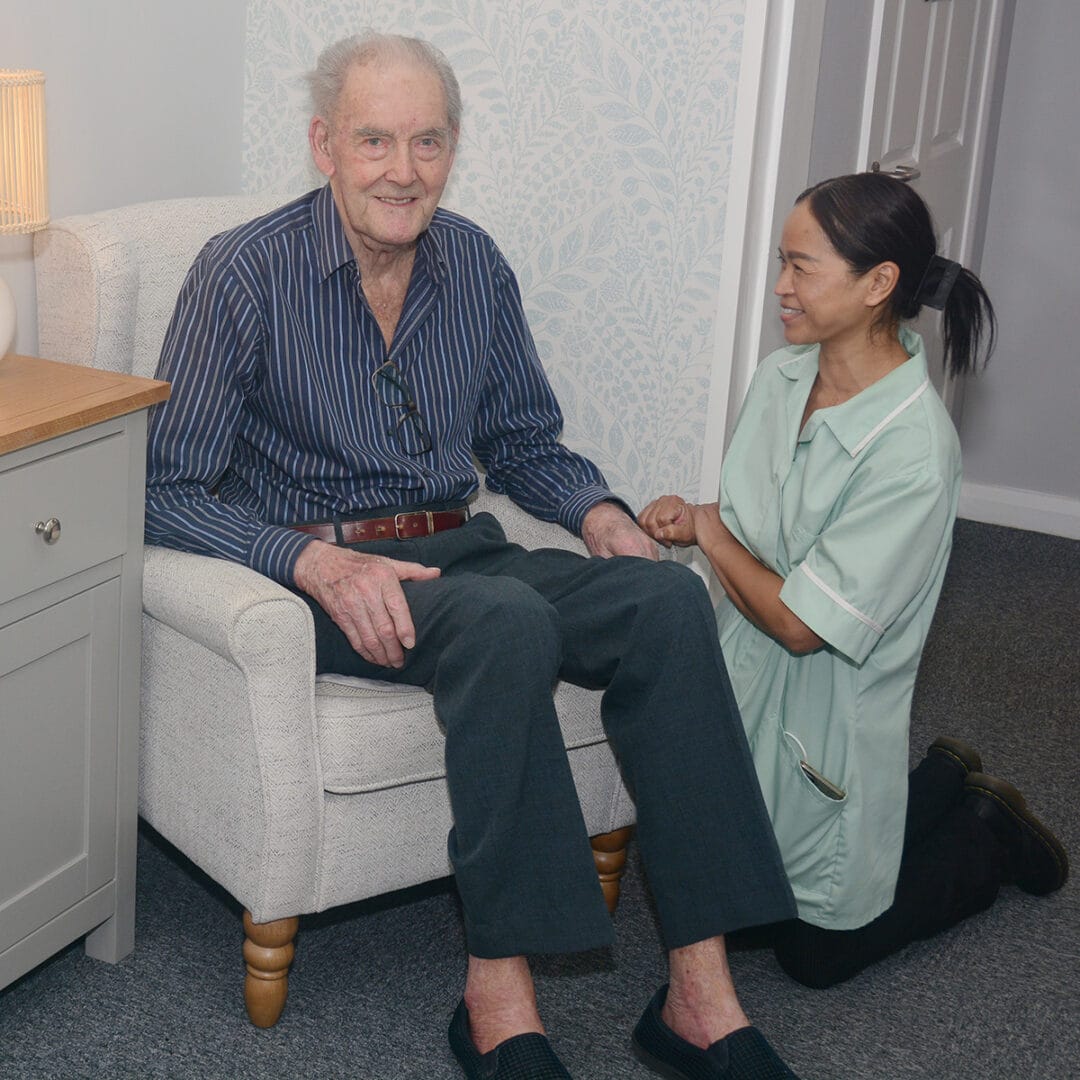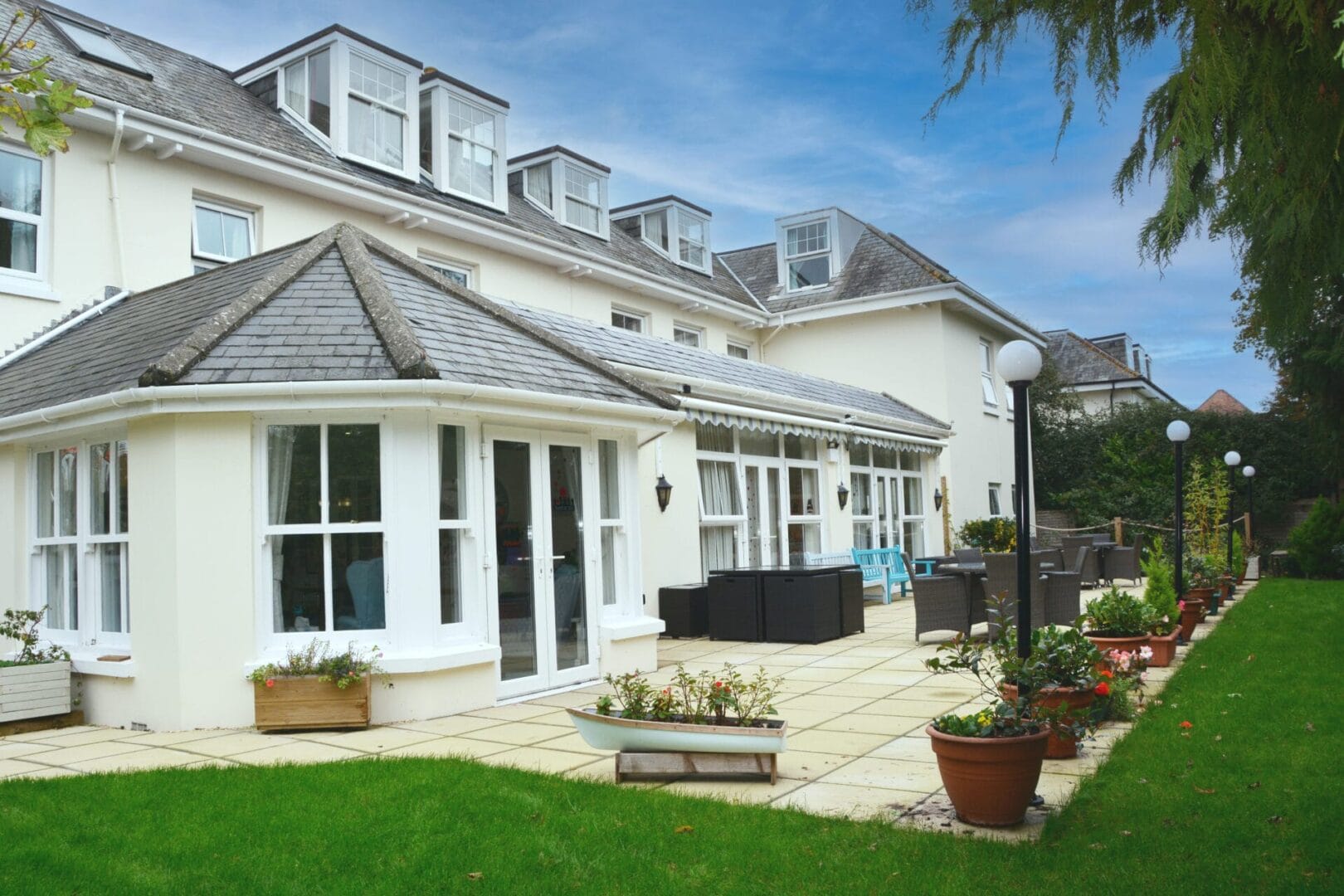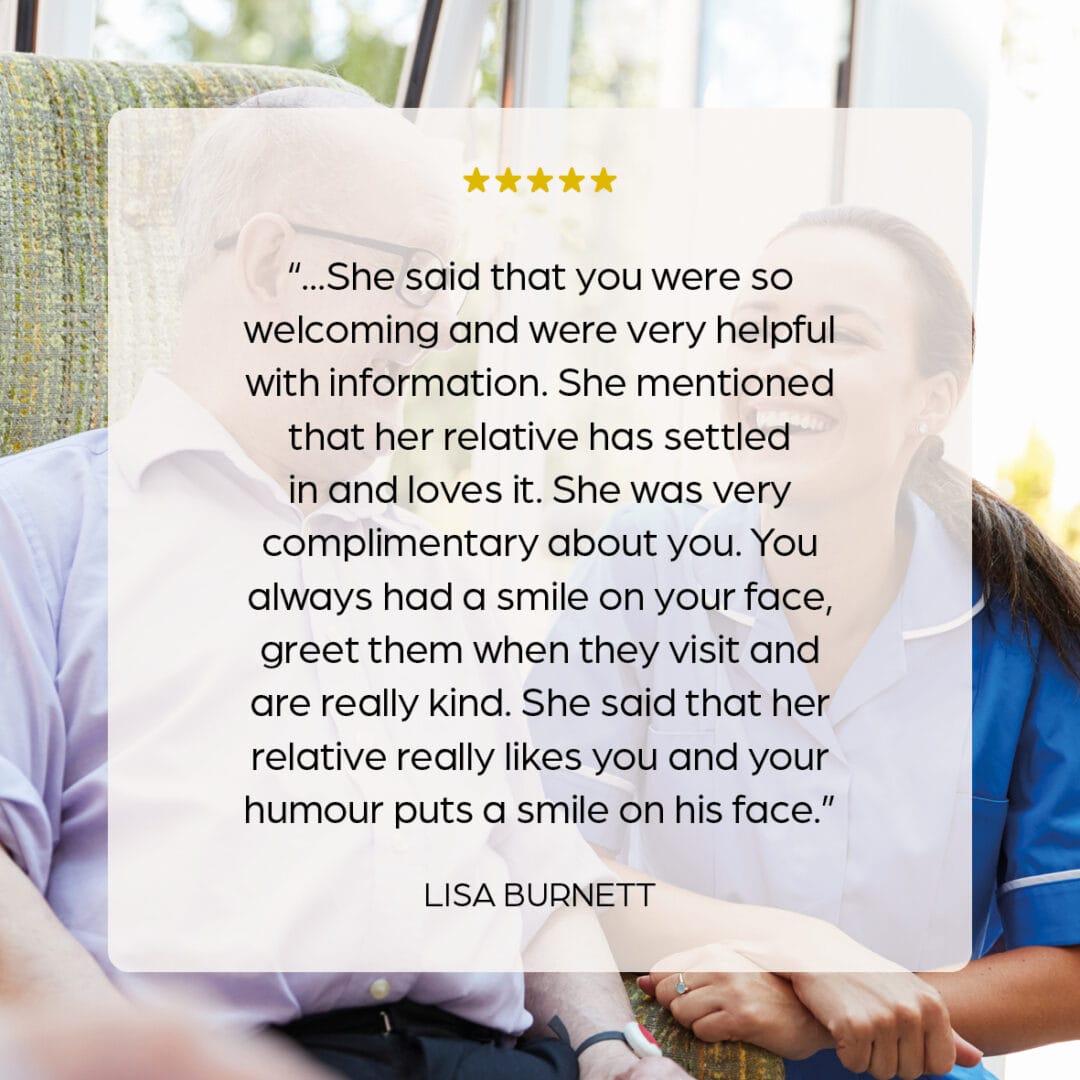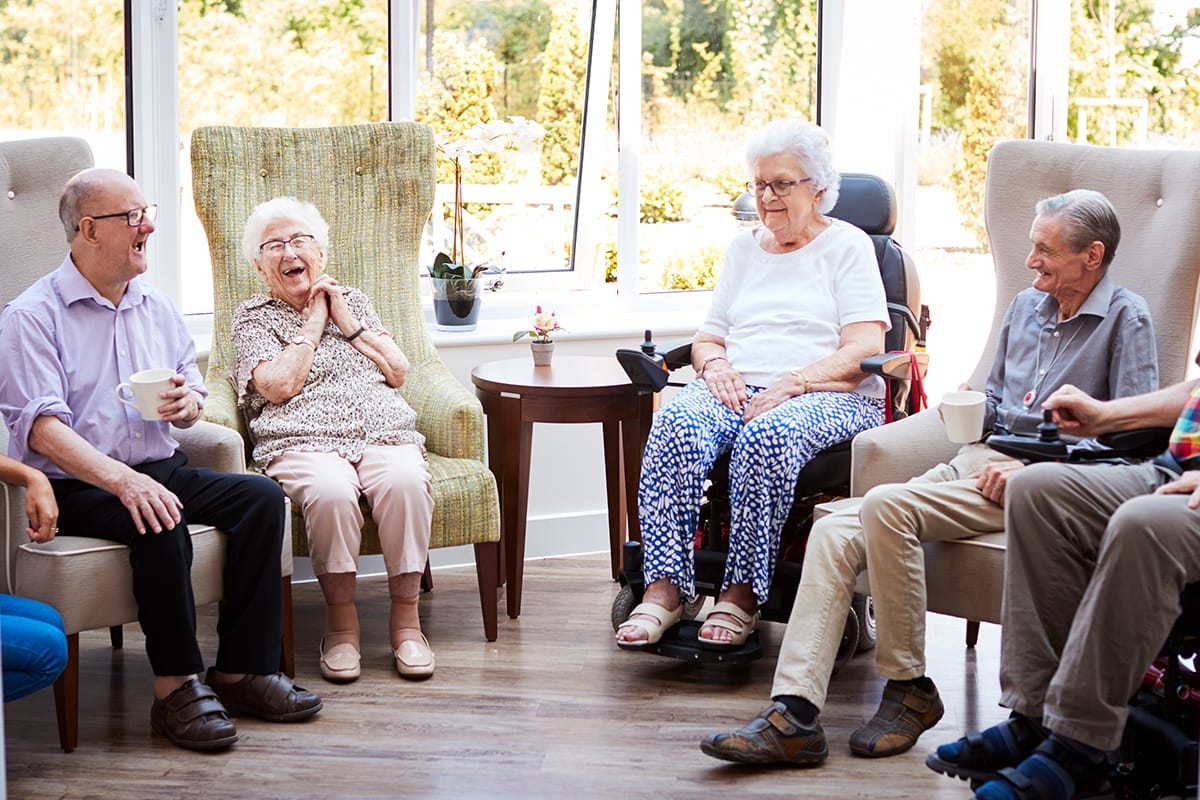Choosing assisted living for a loved one is a big decision. It’s often the middle ground between fully independent living and full-time residential care, offering the right balance of support and independence.
Here’s a comprehensive guide for families on when and why to consider assisted living at Prinsted Care Home.
What is Assisted Living?
Assisted living is designed for individuals who still maintain a good level of independence but need assistance with daily tasks.
It’s perfect for those who aren’t quite ready for full-time residential care but still require regular support. At Prinsted Care Home, assisted living lodges are available for those needing this specific type of care.
Residents in assisted living lodges enjoy their own self-contained units but benefit from being part of a broader care home environment. Regular check-ins from trained staff provide peace of mind without intruding on personal freedom.
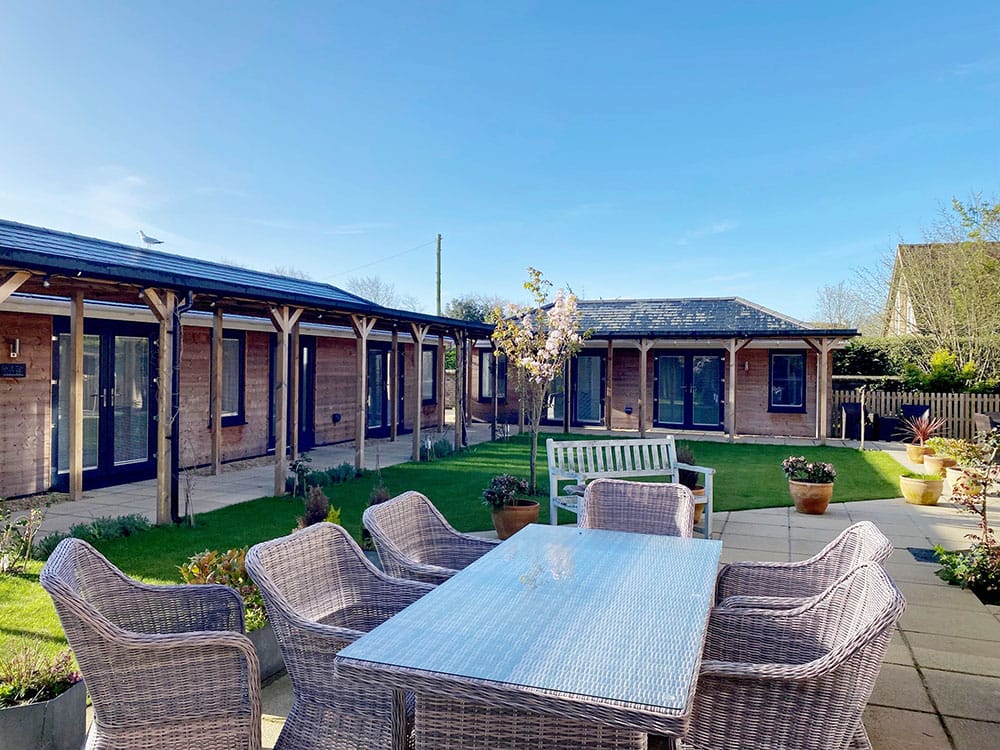
Signs It’s Time to Consider Assisted Living
- Declining Health or Mobility
Assisted living becomes an ideal solution when a loved one begins to struggle with day-to-day activities like bathing, dressing, or preparing meals. Perhaps they need assistance managing their medication or have experienced frequent falls. Assisted living provides the support they need while maintaining their independence.
- Imbalanced Care Needs Between Partners
Couples often face a scenario where one partner needs more care than the other can provide. In these cases, assisted living lodges are a great option. For instance, one partner may require more physical support, while the other can still live independently. Assisted living allows them to stay together, with professional assistance at hand.
- Isolation or Loneliness
Social isolation is a key reason families consider assisted living. If your loved one is showing signs of loneliness or depression due to a lack of social interaction, the supportive community in assisted living can make a world of difference. Prinsted Care Home offers lots of opportunities for social engagement, from communal dining to daily activities.
- Safety Concerns
Safety is paramount. If your loved one’s home environment is no longer safe due to mobility issues, forgetfulness (like leaving the stove on), or an increased risk of falls, assisted living provides a safer alternative. With regular staff oversight, you can rest assured knowing they are in a secure setting.
- Caregiver Fatigue
Family caregivers often reach a point where the demands of caring for a loved one become overwhelming. Assisted living offers much-needed respite for caregivers, providing professional care and reducing the strain on family members. This ensures that both the caregiver and their loved one get the support they need.
Overcoming Family Concerns About Assisted Living
In many cases, families may have differing opinions on whether assisted living is the right step, often due to financial concerns or emotional attachment. It’s important to approach these discussions with sensitivity and an understanding of the loved one’s health and well-being.
Finances are often a key concern for families, as assisted living involves a financial commitment. While this is understandable, it’s essential to weigh the costs against the benefits of receiving consistent care in a secure environment.
Choosing the Right Assisted Living Facility
When choosing an assisted living facility, consider the following:
- Suitability of Accommodation
Ensure that the accommodations meet your loved one’s specific needs. Prinsted Care Home offers both single and shared lodges, giving residents the choice of personal space while being part of a care community.
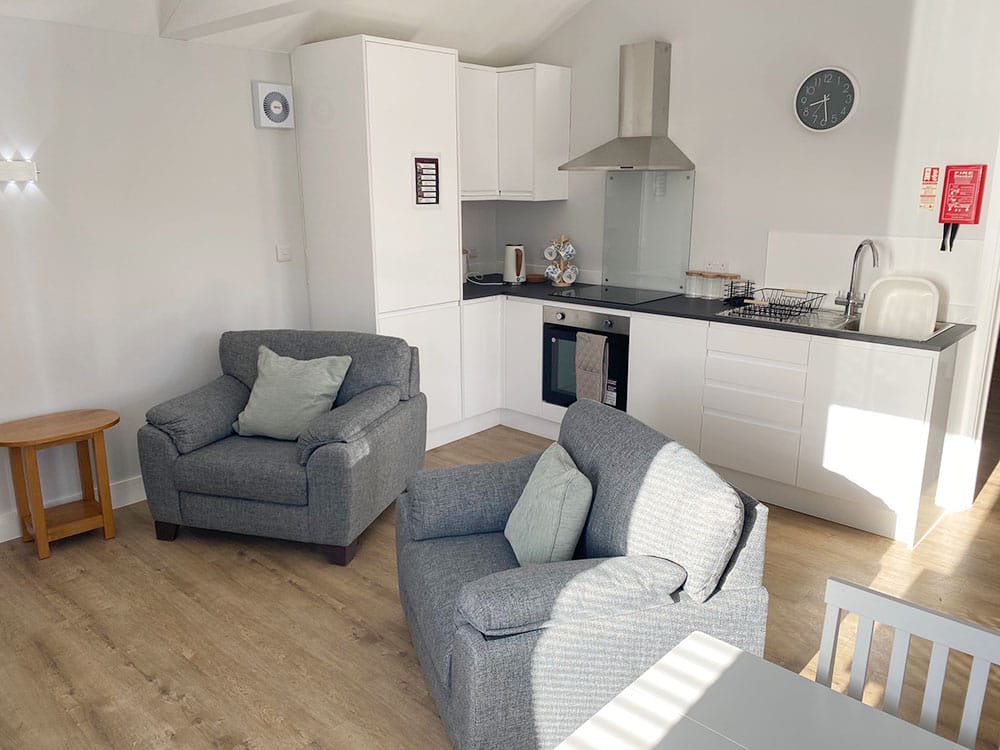
- Flexibility of Care
Look for facilities that offer flexibility in daily routines. At Prinsted, residents can choose whether to dine in the communal dining room or prepare their own meals in their lodges. This flexibility allows them to maintain a level of independence while still having support available when needed.
- Social Opportunities
Assisted living facilities that encourage social interaction can have a positive impact on residents’ mental health. At Prinsted, residents are invited to participate in activities, outings, and events, but it’s also perfectly fine if they prefer their own company.
- Gradual Transition to Full-Time Care
Assisted living can be a stepping stone to full-time care. Many residents at Prinsted eventually move into full-time care once their needs increase, making it an easier transition for both the resident and their family.
Final Thoughts
Assisted living offers the ideal balance for individuals who need some support but aren’t ready for full-time care. It can relieve caregivers of the daily demands of care while providing a safe, engaging environment for your loved one.
If you’re considering assisted living for a family member, here at Prinsted Care Home, we’re ready to offer the compassionate support and high-quality care you’re looking for. Reach out to schedule a visit or enquire about our assisted living lodges today.



